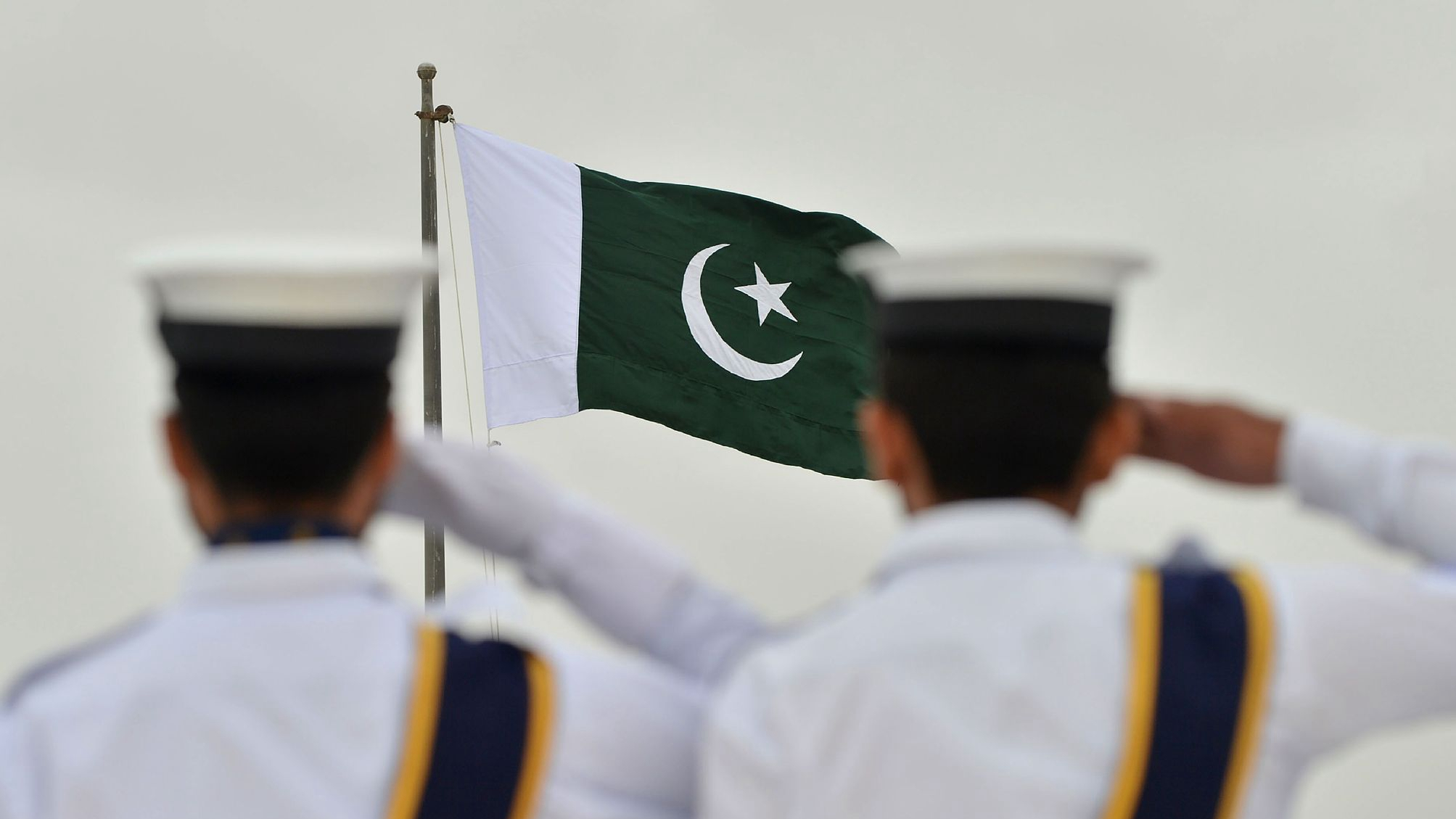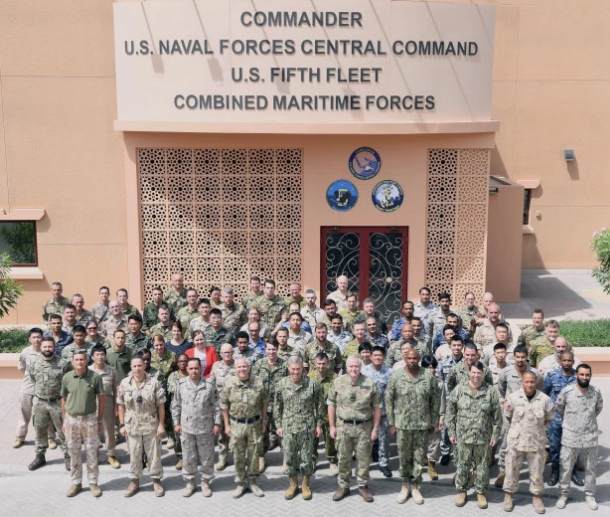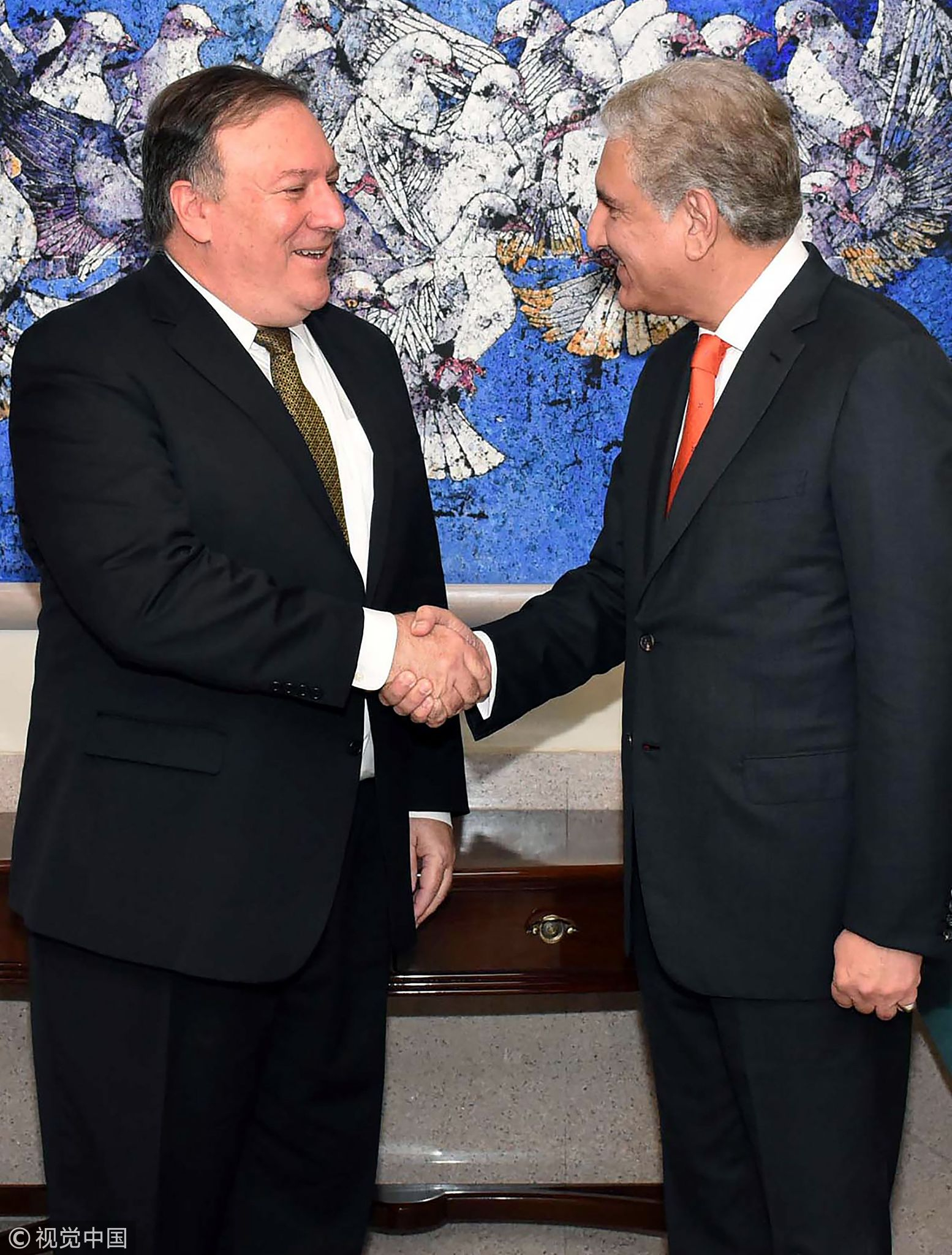
Politics
13:20, 10-Oct-2018
Pakistan navy leaves anti-piracy task force; worsening US ties
Updated
13:12, 13-Oct-2018
CGTN

Pakistan's navy is no longer part of the multi-national counter-piracy Combined Task Force (CTF), according to a report by Al Jazeera.
The Pakistani navy made this decision after the US-led operation refused to pay for fuel for the patrolling warships as part of a previous agreement, two highly-placed anonymous military officials told Al Jazeera.
Military officials said the leaving will affect the CTF nations as Pakistan excels in counter-piracy and its vessels' access to waters that are unfriendly to Western flag-bearing ships.
Pakistan has led the task force many times since 2013 and participated in operations with two warships that patrolled the Arabian Gulf, Indian Ocean, Gulf of Aden, Red Sea and the Suez Canal.
Combined Maritime Forces (CMF), based in Bahrain, is an over-arching organization which CTF is a part of, confirmed Pakistan is no longer participating with ships in the task force in a statement to Al Jazeera.
"Currently, Pakistan provides experienced naval personnel, very knowledgeable in areas such as operating in the Indian Ocean," said Wendy Wheatley, CMF spokesperson.

CMF Headquarter Staff outside US Naval Forces Central Command, May, 2018. /Photo via https://combinedmaritimeforces.com.
CMF Headquarter Staff outside US Naval Forces Central Command, May, 2018. /Photo via https://combinedmaritimeforces.com.
"The current constituents of CTF 151 does not include Pakistan, however, a new team of nations take over every 4-6 months," she added.
Tough relations
Quitting the CTF allows Pakistan to carry out an independent Regional Maritime Security Patrol (RMSP) from the Gulf of Aden to the Gulf of Oman, and from the Strait of Hormuz to the Maldivian waters, a Pakistani military official said.
The country has to defend its own interests in the western Indian Ocean, according to Pakistani military officials.
"The objective of the RMSP initiative by Pakistan Navy is to maintain presence along critical areas to fulfill international obligations for maritime security and safeguard national shipping while observing freedom of navigation across high seas," the official said.
Sources told Al Jazeera that the decision does not mean that ties were severed, saying the country could still resume the relation with the anti-piracy coalition.

Pakistani navy ship SAIF in Shanghai, China, November 30, 2017. /VCG Photo
Pakistani navy ship SAIF in Shanghai, China, November 30, 2017. /VCG Photo
Pakistan is still a member of the Combined Maritime Forces (CMF), the coalition confirmed in a statement.
US-Pakistan military ties
The maritime coalition has not commented on the reason Pakistan left and whether the act to limit fuel supplies was related to recent military cuts initiated by Washington.
In August, the US stopped funding training for Pakistani military officers, which it previously had been funding for over ten years.
But the relationship between the two countries in the so-called "war on terror" has been strained.

Pakistani Foreign Minister Shah Mehmood Qureshii (R) shakes hands with visiting US Secretary of State Mike Pompeo in Islamabad, September 5, 2018. /VCG Photo
Pakistani Foreign Minister Shah Mehmood Qureshii (R) shakes hands with visiting US Secretary of State Mike Pompeo in Islamabad, September 5, 2018. /VCG Photo
In September, the US military cut 300 million dollars in aid to Pakistan.
"Due to a lack of decisive actions in support of the South Asia strategy, the remaining 300 million US dollars was reprogrammed," the Pentagon said.
This is not the first time the two countries have restricted military ties.
(Top image: Pakistani Navy cadets salute during the country's 71st Independence Day anniversary in Karachi, August 14, 2018. /VCG Photo)
(With inputs from agencies )

SITEMAP
Copyright © 2018 CGTN. Beijing ICP prepared NO.16065310-3
Copyright © 2018 CGTN. Beijing ICP prepared NO.16065310-3